OUR mission
The core research goal within ELCAT lies in the development of state-of-the art electrochemical reactors and catalysts, with a view towards large-scale industrial development in the field of industrial electrification, in a green and sustainable way.
Key activities










What we do

Electrosynthesis
Electrosynthesis deals with the electrochemical production of organic chemicals. Applying a current opens up the possibility to pursue alternative synthesis routes, which are generally of a more environmentally benign nature.

Electrochemical reactor engineering
The second main topic, electrochemical reactor engineering, combines the electrochemical aspects of activity one and two into possible industrial applications. Through the development and optimization of innovative reactors, power consumption, selectivity and production levels can be improved.

Electrocatalysis
The third main topic, electrocatalysis, embodies the synthesis of electrocatalytic particles, necessary to lower the overpotential while at the same time improving/maintaining the desired catalytic selectivity towards the target product and stability to keep performing under long-term operation.
What we do

Electrosynthesis
Electrosynthesis deals with the electrochemical production of organic chemicals. Applying a current opens up the possibility to pursue alternative synthesis routes, which are generally of a more environmentally benign nature.

Electrochemical reactor engineering
The second main topic, electrochemical reactor engineering, combines the electrochemical aspects of activity one and two into possible industrial applications. Through the development and optimization of innovative reactors, power consumption, selectivity and production levels can be improved.

Electrocatalysis
The third main topic, electrocatalysis, embodies the synthesis of electrocatalytic particles, necessary to lower the overpotential while at the same time improving/maintaining the desired catalytic selectivity towards the target product and stability to keep performing under long-term operation.
Open Vacancies
Discover groundbreaking insights into battery technology, hydrogen production, CO2 reduction, and more. Be part of a dynamic team driving innovation in sustainable energy solutions and shape the scientific community with us by progressive advancements in electrochemistry.
Open Vacancies
Discover groundbreaking insights into battery technology, hydrogen production, CO2 reduction, and more. Be part of a dynamic team driving innovation in sustainable energy solutions and shape the scientific community with us by progressive advancements in electrochemistry.
Services to industry
Services to industry
Electrochemical reactor engineering
The growing interest in electrochemistry results in the upscaling of various reactions from simple to complex organic reactions. Nevertheless, the upscaling of these reactions requires a in-depth knowledge on reactor level which is a strength of ELCAT. We can help you design, build, and test the electrochemical reactor for your purpose. Furthermore, we are able to provide your business with detailed industrial plant.
Analytical characterization
Measuring chemical products is the cornerstone of solving production issues. With our experience in tailor made analyses we can help you gain more insight in to your (bio)-chemical processes. Our high end industry-standard tools such as ICP-MS, GC(-MS), LC-MS and HPLC have already proven their efficacy in previous projects.
Electrochemical analysis
In terms of electrochemical analysis, ELCAT can offer all electrochemical characterization methods (CV, LSV, RDE, CA, CP, EIS), potentiostats, bi-directional current sources and boosters combined with several in-line analysis techniques (GC-MS, LC-MS, ICP-MS) necessary to qualitatively and quantitatively determine the electrochemical performance.
Electrochemical reactor engineering
The growing interest in electrochemistry results in the upscaling of various reactions from simple to complex organic reactions. Nevertheless, the upscaling of these reactions requires a in-depth knowledge on reactor level which is a strength of ELCAT. We can help you design, build, and test the electrochemical reactor for your purpose. Furthermore, we are able to provide your business with detailed industrial plant.
Analytical characterization
Measuring chemical products is the cornerstone of solving production issues. With our experience in tailor made analyses we can help you gain more insight in to your (bio)-chemical processes. Our high end industry-standard tools such as ICP-MS, GC(-MS), LC-MS and HPLC have already proven their efficacy in previous projects.
Electrochemical analysis
In terms of electrochemical analysis, ELCAT can offer all electrochemical characterization methods (CV, LSV, RDE, CA, CP, EIS), potentiostats, bi-directional current sources and boosters combined with several in-line analysis techniques (GC-MS, LC-MS, ICP-MS) necessary to qualitatively and quantitatively determine the electrochemical performance.










